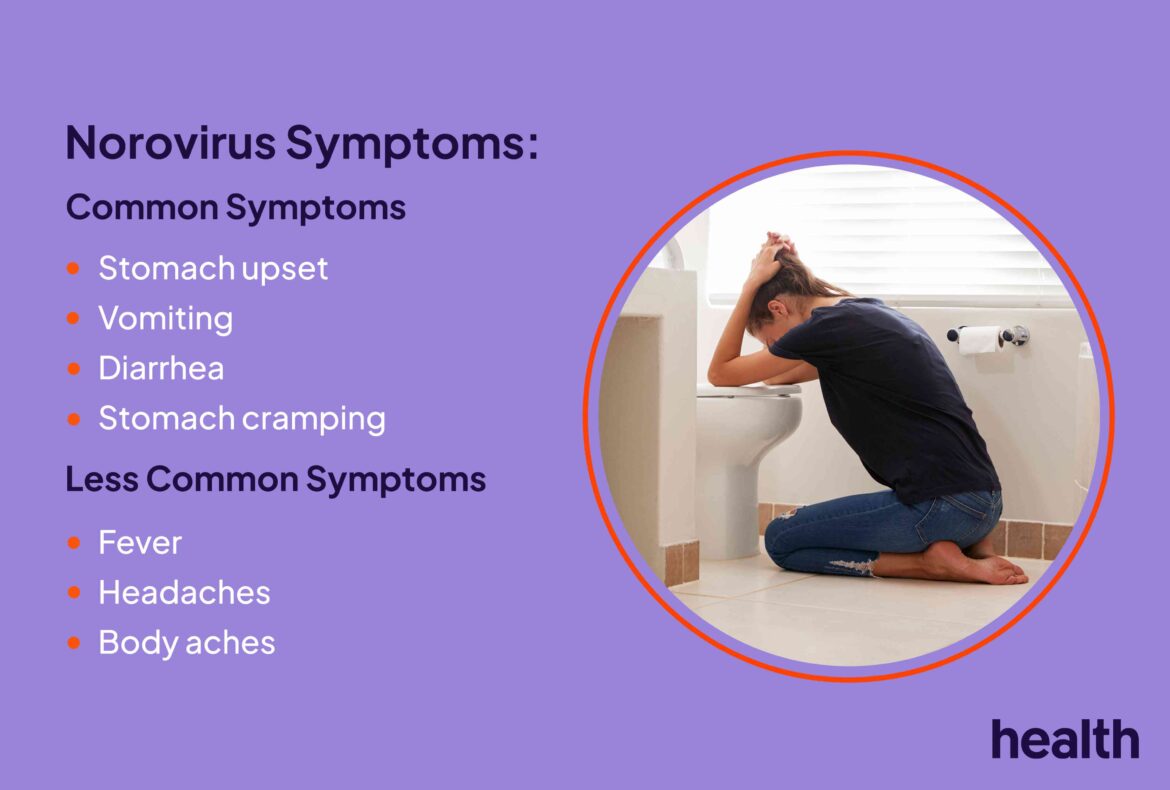By Desmond Nleya
Norovirus, sometimes called the “winter vomiting bug”, is one of the most common causes of viral gastroenteritis worldwide. It spreads quickly and easily, leading to outbreaks in schools, workplaces, cruise ships, and healthcare facilities. Although infections are usually short-lived, they can cause severe discomfort and can be dangerous for young children, the elderly, and people with weakened immune systems.
Causes of Norovirus
Norovirus is caused by a highly contagious virus that infects the stomach and intestines. A person can become infected through:
Contaminated food or water – Eating raw or undercooked shellfish, fruits, vegetables, or food prepared by an infected person.
Person-to-person contact – Shaking hands, caring for an infected individual, or touching contaminated surfaces.
Contaminated surfaces – Touching doorknobs, utensils, or counters carrying the virus and then touching the mouth.
The virus is extremely resilient, surviving on surfaces for days and resisting many common disinfectants.
Symptoms of Norovirus
Symptoms usually appear 12 to 48 hours after exposure and last about 1 to 3 days. Common signs include:
Nausea and sudden vomiting
Watery diarrhea
Stomach cramps and pain
Low-grade fever
Headache and body aches
Dehydration (dry mouth, dizziness, reduced urination)
Because the symptoms resemble other stomach bugs, laboratory testing is sometimes needed to confirm an outbreak.
Prevention of Norovirus
Since norovirus spreads easily, prevention is essential. The following steps can reduce the risk of infection:
Wash hands thoroughly – Use soap and water for at least 20 seconds, especially before eating and after using the bathroom.
Clean and disinfect surfaces – Use bleach-based cleaners to kill the virus on hard surfaces.
Cook food properly – Especially seafood like oysters, which are common carriers.
Wash fruits and vegetables before eating.
Avoid preparing food when sick – Infected individuals should not cook or serve food until at least 48 hours after symptoms stop.
Handle laundry carefully – Wash contaminated clothes and bedding in hot water.
Treatment and Cure
There is no specific cure for norovirus, as antibiotics do not work against viruses. Treatment focuses on supportive care, mainly to prevent dehydration. Recommended measures include:
Drink plenty of fluids – Oral rehydration solutions, clear soups, or electrolyte drinks.
Rest – Allow the body time to recover.
Eat bland foods once able – Bananas, rice, toast, and crackers are gentle on the stomach.
Seek medical help – Especially if symptoms are severe, dehydration occurs, or the patient is very young, elderly, or immunocompromised.
Most healthy individuals recover fully within a few days without long-term complications.
Norovirus remains a global public health challenge due to its ability to spread rapidly and survive in different environments. While it cannot always be avoided, good hygiene, proper food handling, and awareness can greatly reduce its impact. Early recognition of symptoms and prompt rehydration are key to recovery.


